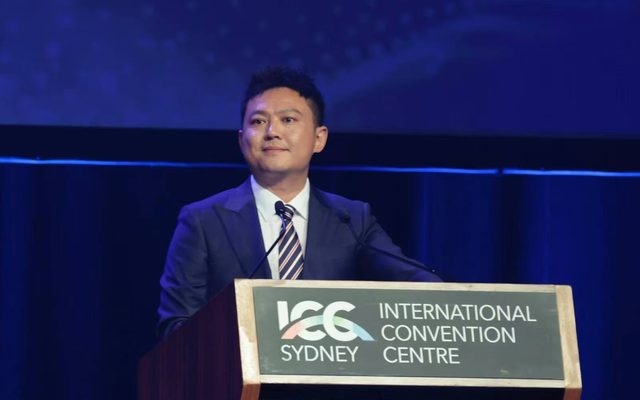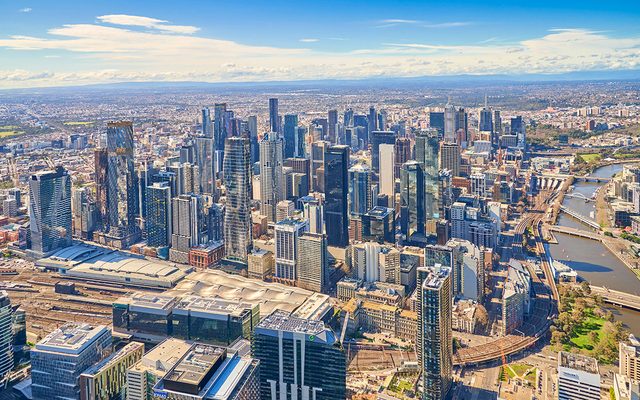This article is from the Australian Property Journal archive
INDUSTRY bodies are wary of the NSW Government’s plans for property taxes, with the 2024/25 Budget bringing changes to foreign investor surcharges and indexation of land tax thresholds.
The government has announced an increased to the land tax thresholds for the 2024 land tax year, which will be maintained at that level.
This will be applied to both the tax-free threshold and the premium rate threshold.
The NSW government will reportedly announce the threshold will be frozen at $1.075 million.
While according to the latest ABS data, the average residential dwelling price in NSW is at to $1,212,000, after seeing another increase over the March quarter.
South Australia is the only other state to index land tax thresholds, with the NSW tax-free threshold to be around 50% higher than the next nearest state.
This will take effect from the 2025 land tax year and be subject to periodic review.
“These are modest adjustments against the backdrop of a generational housing crisis,” said Daniel Mookhey, treasurer.
“The government has been upfront with the people of NSW. We intend to pull every lever we can to confront the housing crisis and build the homes the people of NSW need.
The changes are expected to return additional revenue of approximately $1.68 billion over the next 4 years.
REINSW described the removal of land tax indexation in the 2024/25 Budget as a “tax grab by stealth”, which would hurt renters in the midst of the housing crisis.
“Given the high cost of holding a residential property, adding to the tax burden will only place additional pressure on investment returns, leaving landlords two undesirable options,” said Tim McKibbin, chief executive at the REINSW.
“They can either pass the extra cost onto tenants or sell their investment property, taking more homes out of an undersupplied rental market.”
“This move will have the same effect as not indexing the stamp duty brackets. It is a tax grab by stealth and at a time when we desperately need to encourage investment in residential property, increasing tax will have the complete opposite effect.”
The Property Council was in agreement, warning that higher taxes could “put the brakes on housing delivery”.
“The removal of annual land tax indexation will broaden the base of NSW land tax, increasing both the number of owners subject to NSW land tax each year and the amount they must pay,” said Katie Stevenson, executive director of the Property Council NSW.
“This is nothing more than a stealth tax that will serve only to drive investors out of the market and potentially drive significant increases to both commercial and residential rental costs.”
At the same time, the latest NSW budget will see the foreign purchaser duty surcharge will increase from 8% to 9% from 1 January 2025.
While from the 2025 land tax year, foreign owner land tax surcharge will also be up, from 4% to 5%.
“The changes mean NSW will have the highest level of foreign investor surcharges of any other state,” added Stevenson.
“Industry is finding it hard enough to secure capital without increasing the cost of foreign investment – it makes NSW a less competitive state from a tax perspective, and it will not create the investment climate we need to deliver more homes.”
The foreign owner land tax surcharge was introduced in 2017 and was increased by 2% from 2018 and 4% 2023. With the foreign purchaser duty surcharge was introduced in 2016 4% and increased to 8% in 2017.
“For people struggling simply to find a home to rent, whether the landlord is local or foreign seems largely irrelevant, and if only 0.6% of NSW housing stock is foreign- owned, reform in this narrow area is immaterial,” added McKibbin.




